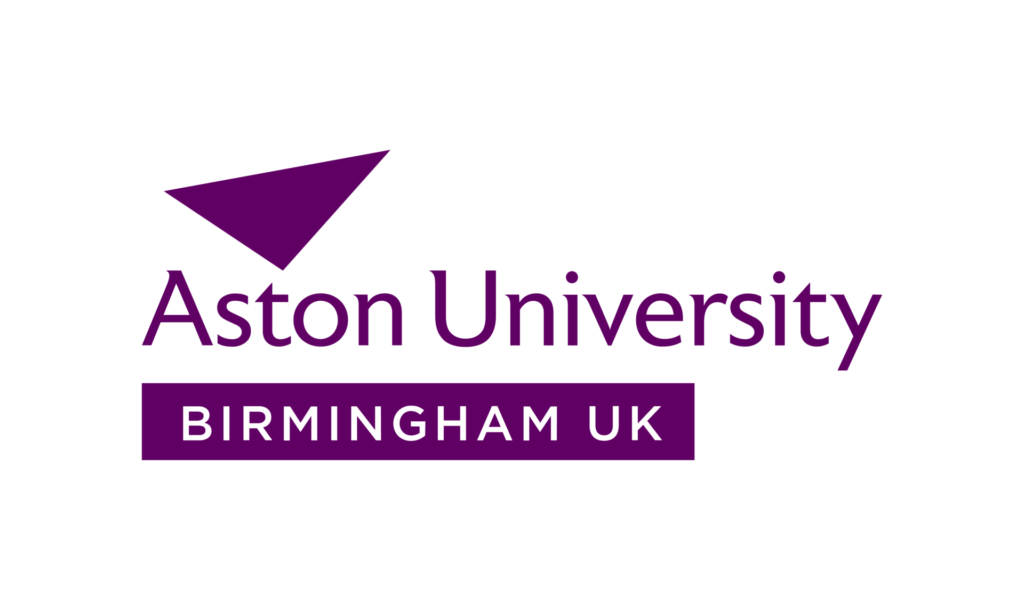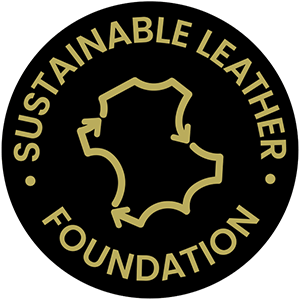Leathertrace Bangladesh
Purpose & Overview
The tannery sector in Bangladesh is one of the country’s most significant contributors to economic growth and export revenue. The industry not only provides jobs for hundreds of thousands of workers in Bangladesh, but also plays a crucial role in the global leather supply chain. Bangladesh’s leather industry is valued for its high-quality raw materials and skilled labour force, which make it competitive in international markets, particularly those in Europe and North America.
In recent years however, the industry has faced substantial challenges that threaten its sustainability and global reputation. Environmental and social concerns, such as inadequate waste management, toxic chemical use, and limited transparency of methods of production, have all brought attention to the sector’s need for modernisation and reform.
The heavy reliance on traditional tanning processes, often conducted with insufficient environmental and social safeguards, has led to soil pollution, water pollution and negative human rights impacts which have all had adverse effects on local communities and ecological systems. This state of affairs has intensified the pressure on the Bangladeshi government and industry stakeholders to adopt environmentally and socially responsible practices within the tannery sector.
In the face of such complex environmental and social challenges, the urgent need for a circular economy and traceable supply chain practices within the tannery sector in Bangladesh has become ever clear. Resultingly, international buyers and regulatory bodies have come to demand higher environmental and social regulatory compliance from tanneries, thus pushing the sector evermore towards traceability and circular economy approaches.
The Leathertrace Bangladesh TCLP project seeks to address these issues by developing and piloting a digitised traceability and environmental footprint system that will assist tanneries in Bangladesh to transition to more sustainable leather production processes and methods, thus helping to reduce the environmental pollution associated with their manufacturing processes. In addition to this, the project will also aim to enhance sustainability and international human rights standards within the tannery sector.
The Leathertrace Bangladesh TCLP project is funded by the UK Foreign Commonwealth and Development Office’s Sustainable Manufacturing and Environmental Pollution Programme (SMEP), with technical assistance from UN Trade and Development (UNCTAD).






